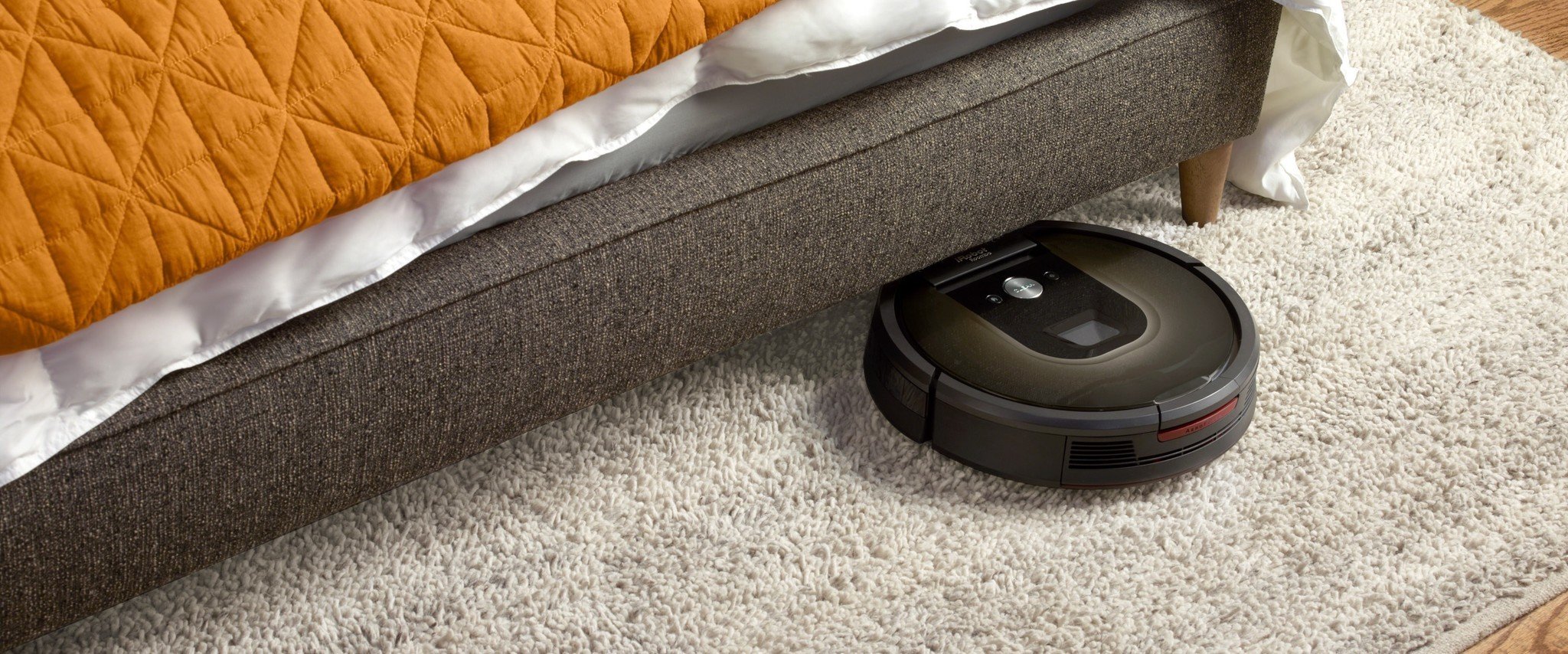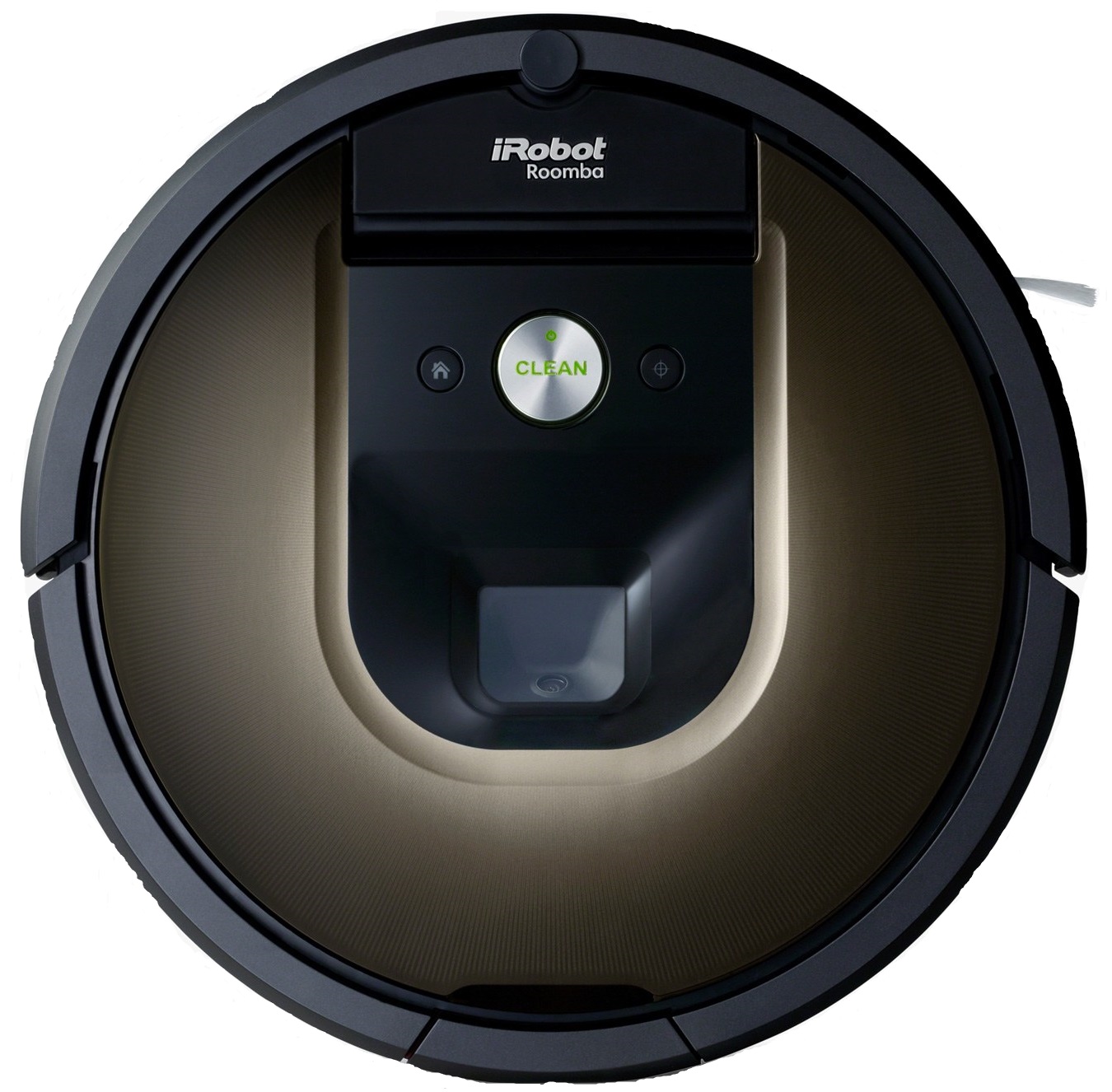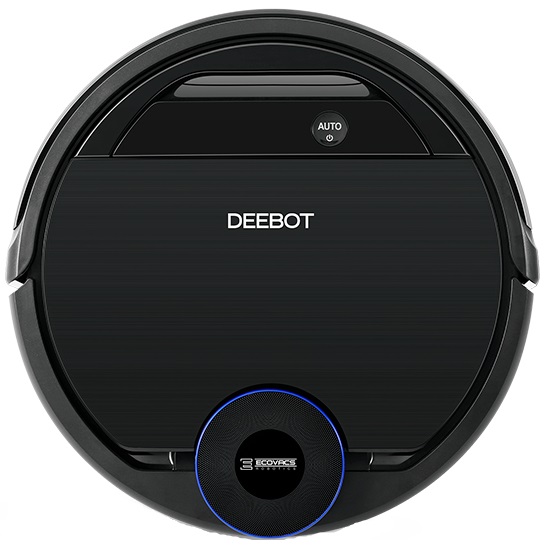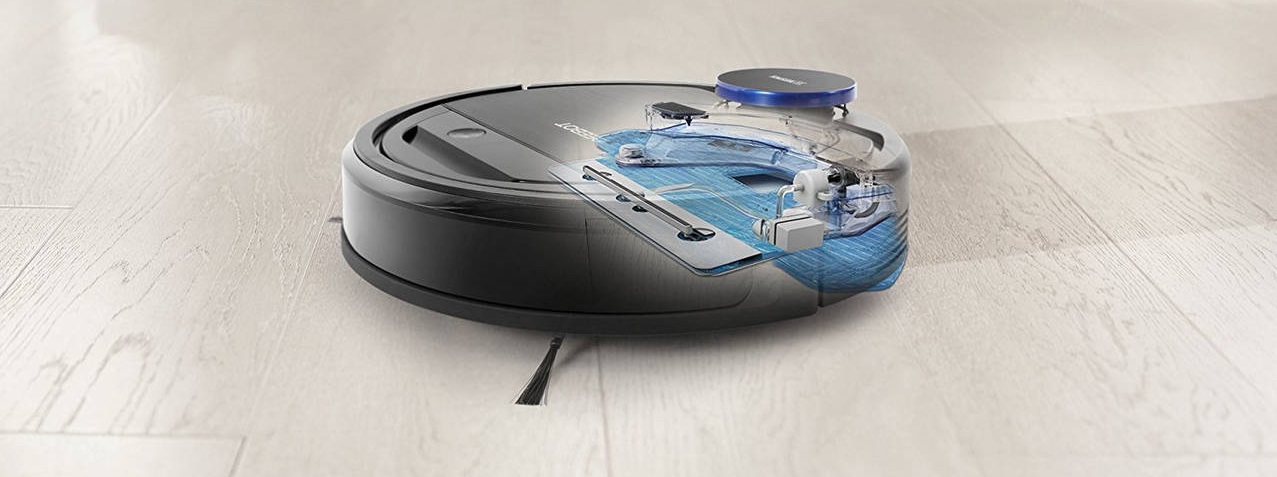Ecovacs Deebot 930 vs Roomba 980: Which should you buy?


Best for features
The Roomba 980 maps your floor with a camera to plan the best path when it comes to cleaning your home. This vacuum uses it's dirt detection abilities to make sure it's cleaning up the messiest areas and not just following a scheduled path to ensure the perfect clean. However, a lot of people won't want to pay that much for a vacuum.
For
- HEPA filter
- Amazon and Google compatibility
- Higher suction power
- Larger dirt storage
- Safe on low carpet, medium carpet, ceramic tile, hardwood, laminate, linoleum, marble tile, and vinyl
Against
- Expensive
- Louder noise level
- Fewer side brushes

Perfect for family budgets
The Ecovacs Deebot 930 has its own app where you can create virtual walls, custom cleaning zones (that you can set to each type of floor in your home), and make sure that it pays more attention to the areas of your home that get dirtier than others. It would be nice if it had automatic dirt detection capabilities, though.
For
- HEPA filter
- Amazon and Google compatibility
- Wet mopping abilities
- More app features
- Safe on low carpet, medium carpet, laminate, linoleum, and tiles
Against
- No dirt detection
- No full bin indicator
Both of these vacuums come with a HEPA (high-efficiency particulate air) filter and compatibility with Amazon Alexa and Google Assistant. That means both will take your voice commands and filter extra dirt particles like pet danger, pollen, dust mites, and remnants of smoke. However, the Roomba offers dirt detection for a better clean and an indicator for when the bin is full. On the other hand, the Ecovacs Deebot 930 comes with its own app where you can change the settings to pay more attention to the parts of your home you need it to.
Time to check under the hood
For some, buying a vacuum is just a matter of price and size, but there's so much more to these little machines than that. When you're looking for a self-driving vacuum there are a lot of features to consider before making your decision.
| Header Cell - Column 0 | Roomba 980 | Ecovacs Deebot 930 |
|---|---|---|
| Warranty | 1-year | 1-year |
| HEPA filter | Yes | Yes |
| Noise level | 70 dB | 65 dB |
| Battery capacity | 3,300 mAh | 3,200 mAh |
| Suction power | 1,700 pa | 1,000 pa |
| Dirt storage | 600 mL | 450 mL |
| Side brushes | 1 | 2 |
| Voice control | Yes | Yes |
| Amazon Alexa compatibility | Yes | Yes |
| Google Assistant compatibility | Yes | Yes |
| Floor mapping | Yes | Yes |
| Virtual wall | Yes | Yes |
What do the different abilities mean?
The Roomba has a 600 mL dust bin while the Deebot has a 450 mL dust bin. The Deebot does come with more side brushes to help get those dust particles where they need to go, but the Roomba has almost double the suction power than the Deebot. All of that extra power and storage with the Roomba comes at a small cost when it comes to noise since its only 5 dB louder than the Deebot. If you're sensitive to sound, though, that might be too loud for you.
Roomba offers a better clean with much less of a hassle than the Deebot
Both of these vacuums are able to connect to Amazon Alexa and Google Assistant and both have an app. Each will allow you to set cleaning schedules, start or stop the device, and check the cleaning history. However, the Deebot does offer something that the Roomba doesn't: the ability to use the app to block your device from certain areas, set the different types of floors for each area, manually control movement, and set the zones for cleaning. You can do that with the Roomba, but you need the extra virtual walls (and they cost $40 each!).
While those are great app features, it's nothing the Roomba doesn't offer as a built-in auto-feature already. The Roomba has iAdapt Responsive Cleaning Technology, so it'll automatically change its settings based on the floor type it's cleaning. With the camera sensor, it's able to map its own path and detect the dirt inside of your home. Being able to use those features from an app seems great, but coming standard on the device (like it does with Roomba) is better.
One thing the Deebot offers, that the Roomba doesn't, is the ability to wet mop. The Deebot comes with a cloth you can attach to the bottom of the vacuum so it can mop your floors instead of vacuuming. You can control how much water is sprayed onto the cloth at a time to ensure the safety of your floors. This is perfect for changing the settings between tile and wood floors.
Finally, with the Roomba you'll also be cleaning out your bin less often, receiving a better clean with a higher suction power, and getting great features built into the device. This is opposed to relying on manual power and an app to make them happen like you would with the Deebot. Deebot will also require the bin to be emptied more often, but it won't notify you when it needs it, while the Roomba will.
Master your iPhone in minutes
iMore offers spot-on advice and guidance from our team of experts, with decades of Apple device experience to lean on. Learn more with iMore!
What to think about when making your decision

Your decision will ultimately come down to your budget and how much time you have available to spend on taking care of your robot vacuum. If $850 for the Roomba is too steep of an investment for an automatic vacuum then the Deboot, at $550, is still worth it. Sure, you'll be sacrificing some of the features and abilities you would get with the Roomba, but it's not that much of a downgrade when you consider the features you get with the Deebot app.
Essa Kidwell is an expert in all things VR and mobile devices who can always be found with an Oculus Go, a Pixel 2, and an iPhone 7+. They've been taking things apart just to put them back together for quite some time. If you've got a troubleshooting issue with any of your tech, they're the one you want to go to! Find them on Twitter @OriginalSluggo or Instagram @CosmeticChronus.

